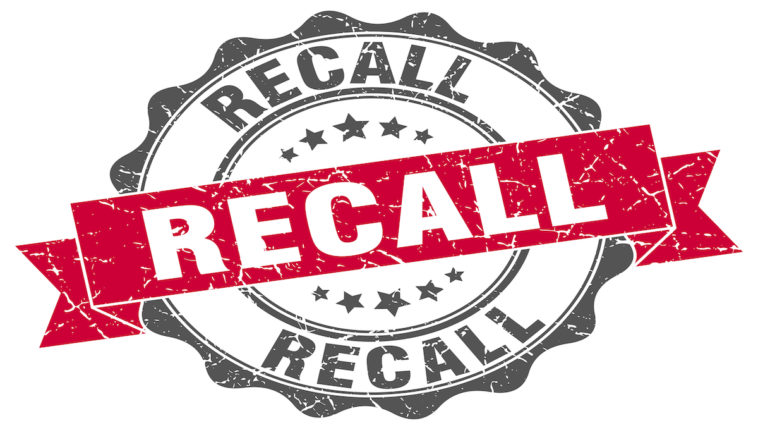Ireland sees food and allergen alerts rise in 2020

Ireland recorded a notable increase in food and allergen alerts in 2020 compared to the year before.
There were 167 alerts this past year, compared to 107 in 2019. Of these, 112 were food alerts and 55 were allergen warnings, according to figures from the Food Safety Authority of Ireland (FSAI).
Food alerts relate to a hazard such as a biological, chemical or physical agent in food or the food contact material, with the potential to impact health. Allergen alerts cover the undeclared presence of a food allergen that poses a risk to consumers who have a food allergy or intolerance to a particular food or ingredient.
Microorganisms accounted for 33 food alerts, with Listeria monocytogenes and Salmonella most common with E. coli, Cryptosporidium and Clostridium botulinum also on the list. Presence of the unauthorized pesticide ethylene oxide in sesame seeds from India also increased the total.
Eating products containing the contaminated sesame seeds does not pose an immediate risk to health but there may be issues if there is continued consumption of ethylene oxide during a long period, according to public health officials. This incident also contributed to the increase in recalls reported by Finland.
Other examples are plastic and rubber in prepared meals, glass in rice, metal pieces in yogurts, potential mold in Guinness, and aflatoxins.
Allergen warnings and food incidents
Milk was the most common incorrectly labelled or declared allergen, accounting for 21 allergen alerts. Mustard, cereals, eggs, peanut and nuts made up most of the other alerts.
Top reasons for the alerts were the allergen was unknowingly incorporated in the product, so not listed in the ingredients; the ingredients list or label was not in English; packing of a product in the wrong pack; or failure to highlight an allergen properly in the ingredients list.
The FSAI dealt with 661 food incidents, compared to 679 in 2019.
These incidents are for reasons such as an inspector who identifies a food safety issue; a consumer complaint; a business informing the FSAI of problem with food; a laboratory test result showing food is contaminated with a microorganism or a chemical; or notifications from other countries through the European Commission’s Rapid Alert Systems for Food and Feed (RASFF) network.
Pamela Byrne, chief executive of FSAI, said food and allergen alerts assist in ensuring consumers are informed and protected.
“Issuing food alerts and food allergen alerts reflects the severity of risk, some of which have the potential to cause serious harm to consumers. Food alerts and food allergen alerts are important for informing consumers, food businesses and food inspectors that a food product could pose a risk to consumer health,” she said.
Byrne also said it is important for consumers to have confidence in the food they are buying or eating.
(To sign up for a free subscription to Food Safety News, click here.)
Published at Thu, 25 Mar 2021 04:01:12 +0000






Comments
Loading…